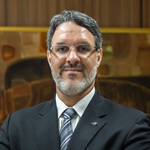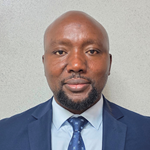This workshop will explore how innovation with digital technologies is being leveraged to modernize public finance operations and achieve core fiscal objectives. While many countries still need to ensure that strong fiscal processes are in place to fully benefit from digitalization, transformational approaches and the well-designed adoption of emerging technologies are becoming priorities. This includes the use of artificial intelligence, which is an increasingly important component of transformation.
How should these developments be approached, managed, and measured? Join us in an exciting discussion where we will examine success stories and lessons learned.










